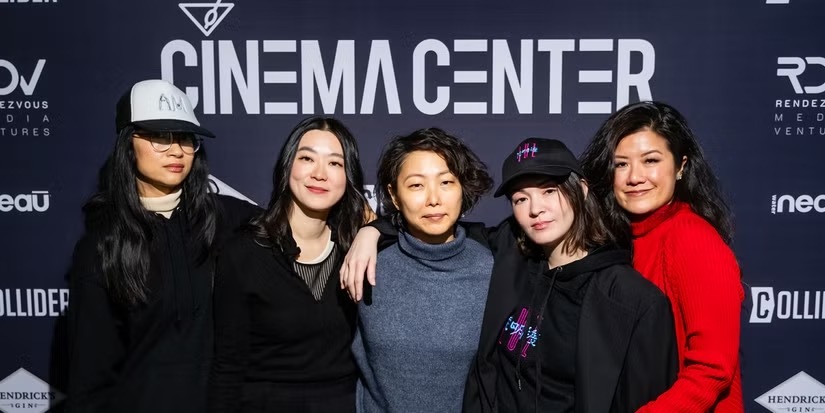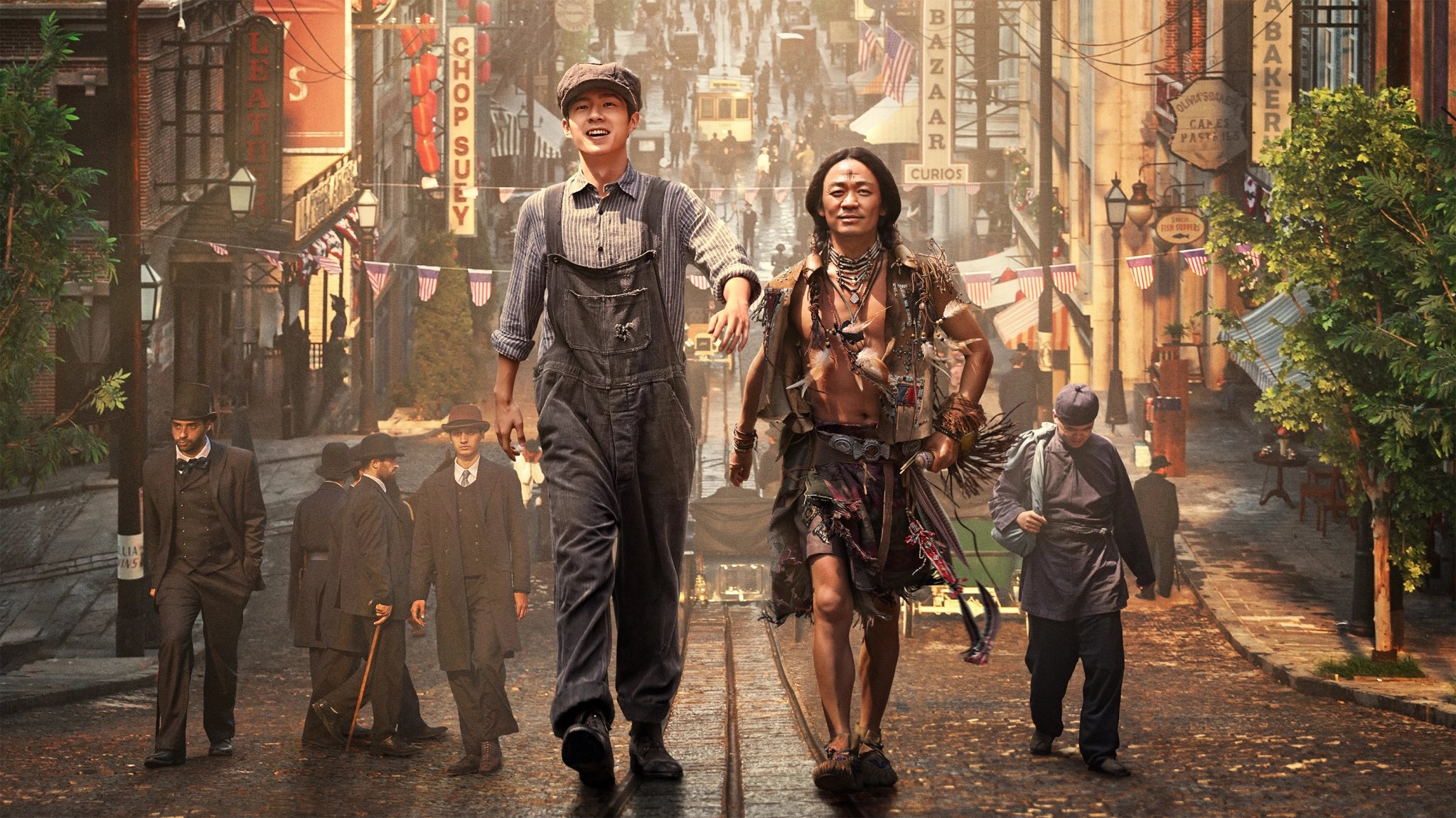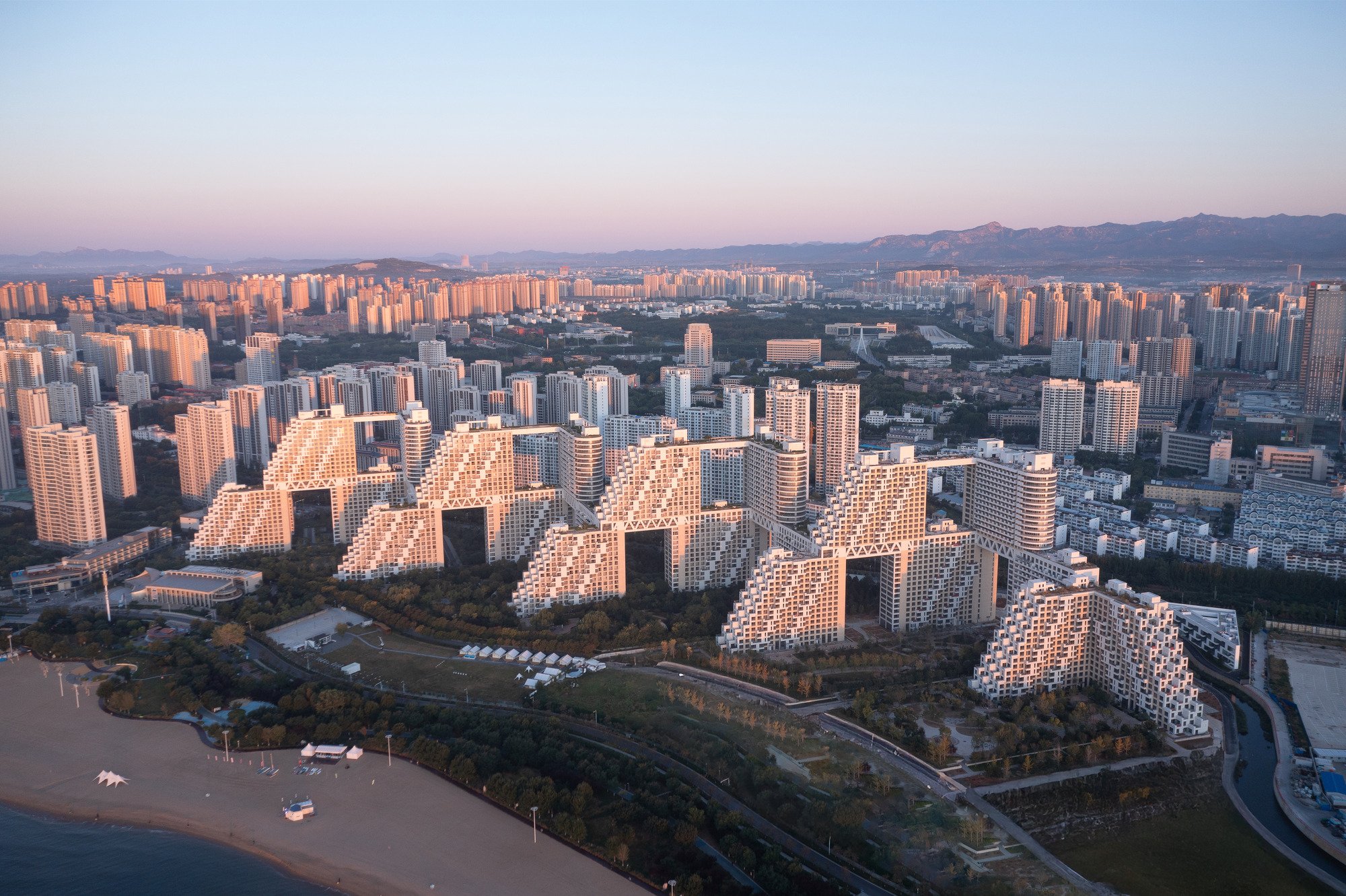A TikTok of British-Chinese food has gone viral in the US, sparking conversations around cultural translation, the global Chinese diaspora, and the grammar of racism.
It all started with a video from TikTok user @charlyannec. She starts the clip off with an enthusiastic rhetorical question: did anyone order a Chinese?
After that, she begins to load fried chicken balls onto a plate, before covering them with curry sauce and seaweed (which she reveals is actually just cabbage).
@charlyannec Dish up my chinese with me 😍🍽 #eatwithcharly #whatcharlyeatsinaday ♬ original sound – Charly Anne C
Immediately, the comments section was flooded with strong reactions, ranging from visceral disgust to general confusion.
“I feel bloated, swollen, and miserable just looking at this,” wrote one user.
“I’m Chinese-American and this was a culture shock even for me,” wrote another.
“Salt and pepper is exotic in the UK,” reads another top-rated comment.
The question of authenticity was a frequent point of contention – Americans were bewildered at the presence of items like french fries and curry sauce on the menu.
Others raised an eyebrow at the common English phrase “order a Chinese,” which to American ears, rings with a bit of old-timey racism. To the English — who have a particular affinity for short, dining-oriented phrases like “cheeky Nando’s” or “fancy a cuppa” — this is just par for the course.
Hayley Phillips, an American living in the UK, took the time to break it all down.
“In both the US and the UK, we’re shortening a longer phrase,” she says. “And it’s what we leave out that makes the difference.”
People in the US are referring to Chinese “food,” a mass noun, while the full phrase for English foodies is Chinese “takeaway,” a count noun. A count noun would require “a” or “an” in front of it (“a Chinese takeaway” or “a Chinese meal”), while a mass noun would not.
The notion of “real” Chinese food is inherently complicated, as many of the West’s most beloved Chinese dishes, like General Tso’s Chicken, don’t exist in China.
So how do people in China feel about all this? The debate has made its way to Chinese social media platform Weibo, where the TikToks have found a new, equally confused audience.
“Since when does Chinese food have fries and curry sauce,” wrote one user.
Others, meanwhile, were a little more optimistic.
“Looks better than my school cafeteria,” one commented.
Overall, people were generally interested to see the unique shapes that Chinese cuisine takes when it lands in other countries.
“In summary, both are Westernized versions,” as one user put it.
In recent years, China has embraced an attitude of fun and experimentation with its food – especially when it comes to the international intersection. Durian chicken nuggets, crayfish lip gloss, and a pizza made out of fried chicken have all had their moments in the limelight.
However, that doesn’t mean that people aren’t serious about their cuisine in China. Zhu Siying, a nutritionist, sommelier, and F&B entrepreneur, explained what Chinese diners might find scandalous about the viral clip.
“I think the funniest part of this video is that they put multiple carbs together! For Chinese people, it’s not common to have rice and noodles in the same meal,” she explained.
“Some Americans or Brits may have a limited understanding of Chinese cuisine, based on Western-style fast food chains,” she said, adding, as one example, the use of soy sauce as a topping for rice. “To truly appreciate the essence and cultural depth of Chinese cuisine requires time and exploration.”
When it comes to authenticity, Zhu believes that we should embrace the evolution of our food over time, while also recognizing and preserving the unique traits that underlie each culinary tradition.
“For example, Chinese cuisines places emphasis on knife skills, specific cooking techniques like stir-frying, and a range of distinct flavors,” she says. “These elements are integral to our culinary heritage, and form the foundation of our culinary system.”
While most of the discussion has been lighthearted, a few serious points have been made, and some are rushing to defend the British-Chinese culinary canon, saying that the fusion cuisine comes from an immigrant community that was forced to adapt to local palettes.
Indeed, the same can be said for American Chinese food, largely created by immigrants to California, who invented new dishes to gain popularity with an increasingly non-Chinese customer base.
While the occasional culture clash is inevitable, those on both sides can appreciate the culinary innovations of the Chinese diaspora around the world.
Cover image via TikTok
























